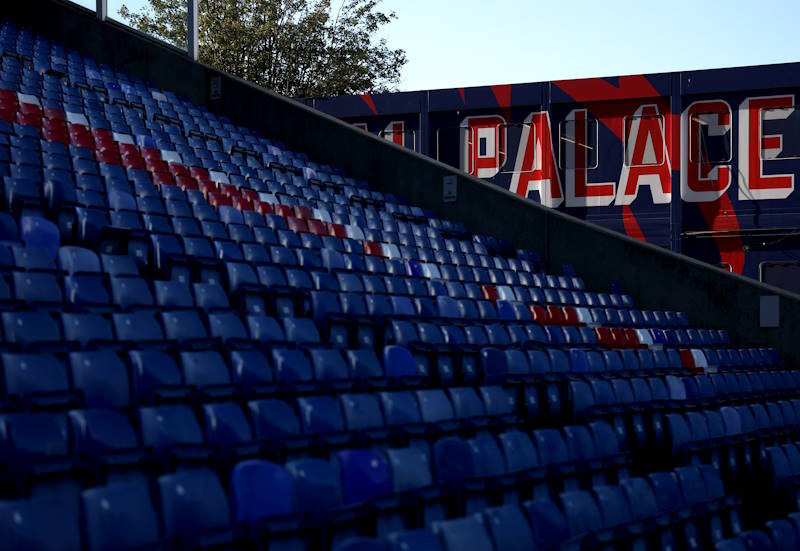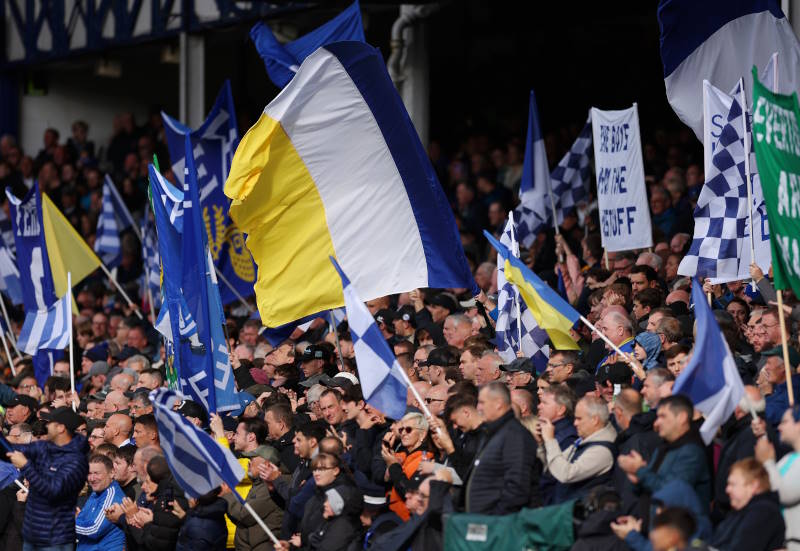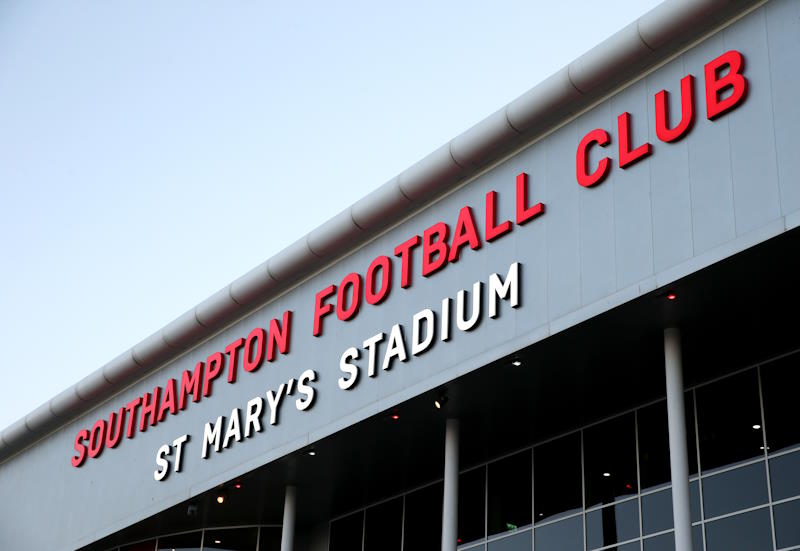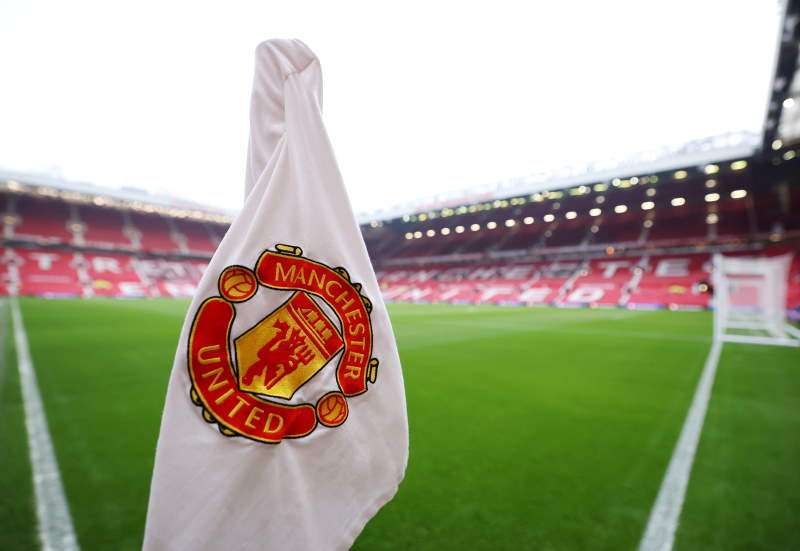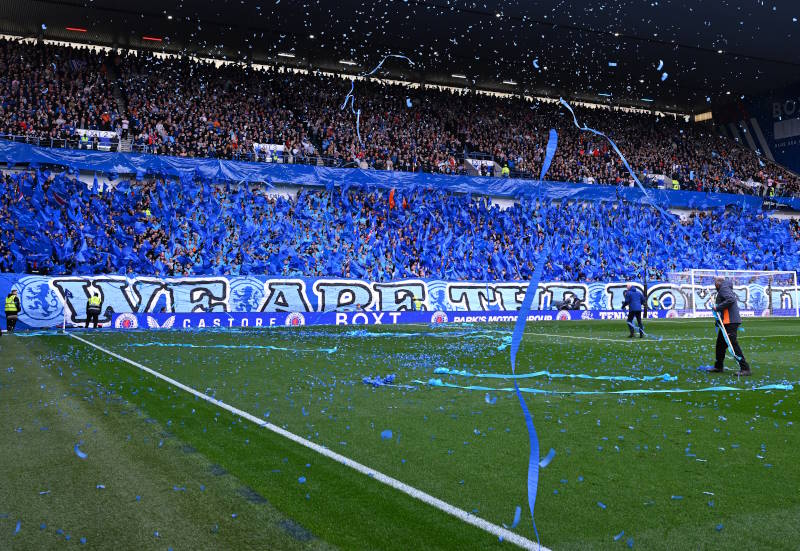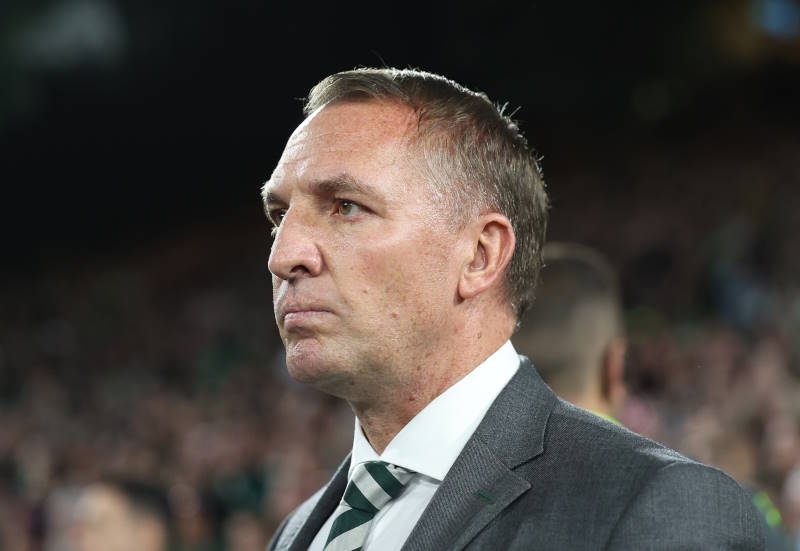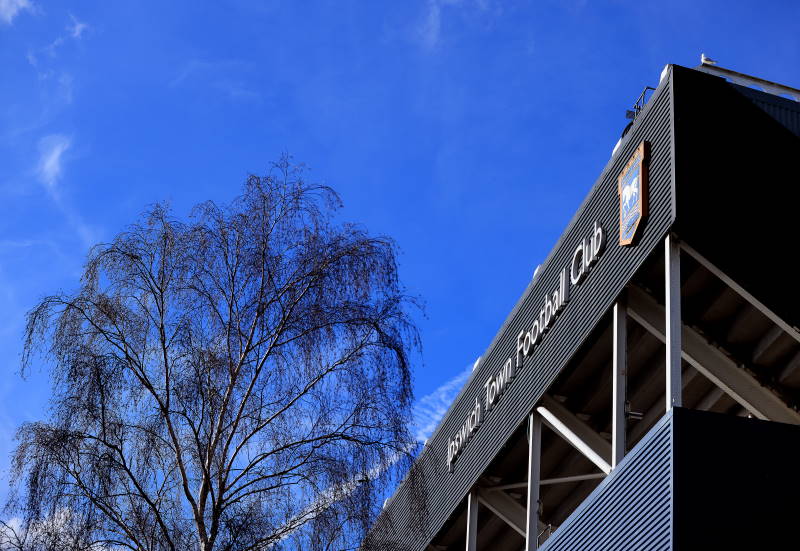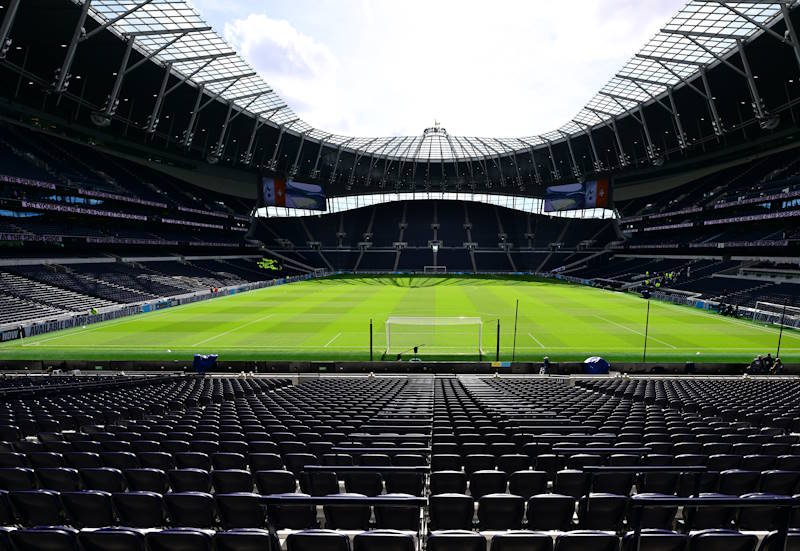
New Zealand went to the World Cup as one of the tournament’s rank outsiders. Against all expectations, they returned undefeated having drawn with the reigning world champions, helped knock the same side out of the competition and been unlucky twice to concede at all. The All Whites left as only the fifth team to go through a World Cup undefeated.
It goes without saying that they returned to their native land was as heroes. Fans packed the airport and fire trucks created a bridge of water for the Emirates jet to taxi under, an honour normally reserved for high ranking dignitaries. It was a shame the side didn’t return en masse, but expectant fans at Auckland Airport were rewarded for their efforts with a sight of midfielder Ivan Vicelich, vice-captain Michael Brown and Ben Sigmund, all of whom were treated to high fives, banners, cheers and a genuine show of support and respect from all those present.
As the rest of the squad and staff return to their homeland they can expect very similar welcomes, with open arms and a raft of awards for their achievements. Columnist Michael Brown (no relation) was adamant that the Halberg Awards should be done and dusted, with Ryan Nelson Sportsperson of the Year, coach Ricki Herbert the Coach of the Year and the All Whites themselves Team of the Year. Whether the Halberg trust decide to go along with this remains to be seen, but having ignored the All Whites’ remarkable achievement last year of actually qualifying for the World Cup, it would be tough to deny these footballers some reward for their 2010 success.
The ramifications of this World Cup are wide and varied. For one thing New Zealand look set to jump in the rankings as a result of these draws. Ranked 78 before their trip to South Africa, and with the pre-tournament friendlies yet to be accounted for, they could well jump into the top 50 and possibly even beat their previous best of 47. In doing so the Kiwis would vault ahead of countries such as Burkina Faso, Cyprus and Canada and start to get in the mix with the top tier of international football.
It’s also imperative that New Zealand use this result to enhance their footballing credentials at home. First up, sadly, is the appointment of a new coach. Ricki Herbert finished his $50,000 a year job after the Paraguay match a hero and on the basis of what he’s achieved should be heading towards a much higher wage packet somewhere else. Should he leave New Zealand it will be with the best wishes of everyone, because he’s done the unthinkable in getting the All Whites to a World Cup, repeated the feat by taking Wellington Phoenix one game from the finals of the A-League and then topped it all by drawing out performances from his players that almost beggared belief.
With an easy run through the Oceania qualifications, followed by a two-legged playoff, Brazil 2014 is not an impossible ask for New Zealand, who have benefitted hugely from Australia’s move to the Asian Football Federation. That tie is still three years away however, and NZF (New Zealand Football) will need to find a coach who is willing to build towards that fixture patiently, in the process helping to steer the development of the local game and ensuring that NZF do right by the country in making every effort to put structures in place to make more World Cups a reality.
New Zealand, more than most countries with a poor footballing infrastructure, face a serious challenge on the path to improvement, namely public opinion. The focus on other ball sports is such that it’s a rare time indeed that football can hog the back pages. Now is that time however, and the window is short. NZF will need to get in and get working on this as a matter of urgency. Realistically, a foreign coach might be a necessary evil in the short term, but maintaining the momentum is more important than that.
Boca Juniors visit Wellington next month for a pre-season friendly and a ticker tape parade through the capital may be organised to coincide with it. One would hope that there’s a decision by then. If Herbert does stay, he would be doing himself a disservice, but it would be understandable too if he felt he couldn’t leave with the job half done. The last 16 beckons and four more years in a job he clearly loves wouldn’t be a mistake by any measure.
However, the thought remains that the 49-year-old might not be the right man for the job. His coaching achievements are astounding, but his experience is entirely local-based. Herbert does not have the wherewithal to bring about a systemic change in his homeland. With expectations raised and so much at stake, he may turn out to be a victim of his own success and find himself both a hero and unwanted at the same time.



